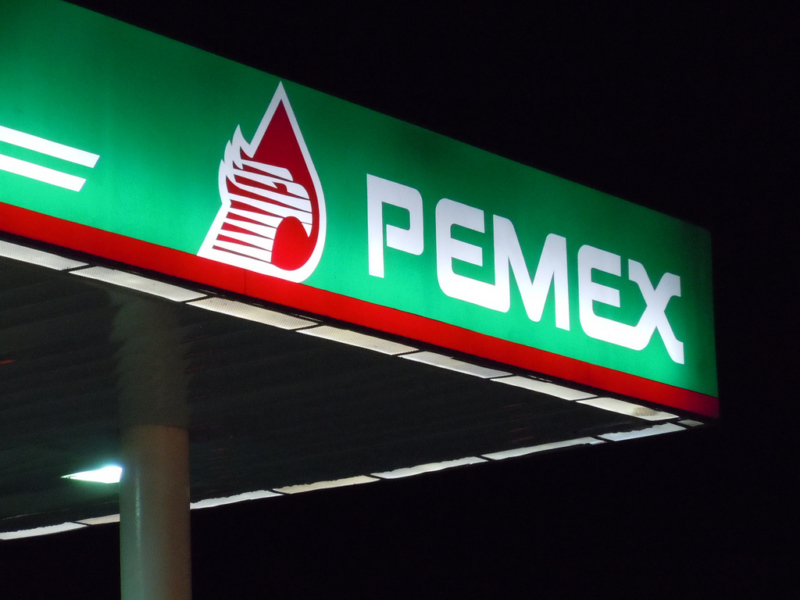Rising Brazil: The Choices Of A New Global Power
What should we expect from a newly powerful Brazil? Does the country have the capacity and leadership to be a central actor in addressing critical global and regional problems?
Until this year, resource nationalism—when a government asserts its control over a country’s natural resources—seemed to be on the wane in Latin America. With oil prices low, state oil companies were struggling, and market-friendly governments had started opening their energy industries to private investment.
In the coming months, though, the region’s two largest economies may both have new leaders who came to power on promises of a return to the old days. In Mexico, President-elect Andrés Manuel López Obrador’s vow to restore Mexico’s state energy companies to their glory days and his emphasis on energy independence from the United States were central to his campaign. Similarly, Brazilian presidential candidate Fernando Haddad (who is polling well behind his rival, Jair Bolsonaro, but could still eke out a win later this month) wants to reassert state oil and power companies’ dominant positions in Brazilian energy markets. Both López Obrador and Haddad have argued that the current Mexican and Brazilian governments, in trying to open energy sectors to private investment, have effectively handed over state assets to foreign companies.
[...]
What should we expect from a newly powerful Brazil? Does the country have the capacity and leadership to be a central actor in addressing critical global and regional problems?
President Lula da Silva triumphantly announced that he and his Turkish counterpart had persuaded Iran to shift a major part of its uranium enrichment program overseas—an objective that had previously eluded the US and other world powers. Washington, however, was not applauding.
The question remains if Mexico has achieved a degree of institutional development consistent with its participation in those organizations.
 Matthew Rutledge / CC BY 2.0 / Flickr
Matthew Rutledge / CC BY 2.0 / Flickr